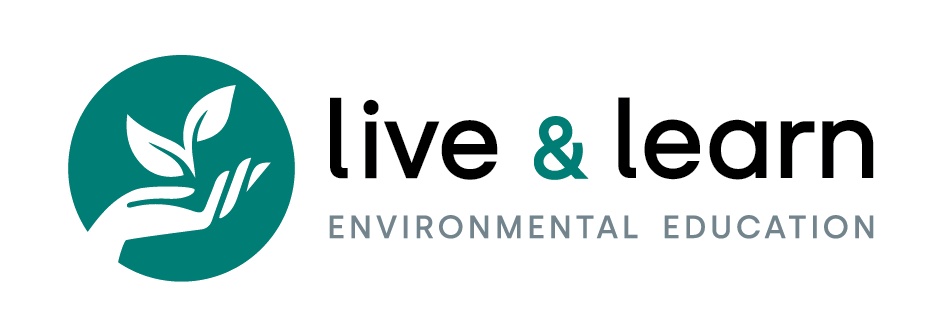Anthony Pawaii was one of more than 80 people from Hautahe and Poposa who attended community-based disaster risk management (CBDRM) training in May. He already knew there were many hazards to be aware of and prepared for, but did not know about many other risks – nor how to be prepared for them.
But through six days of CBDRM workshops, Anthony and the other members of the two communities now have a considerably stronger grasp of preparing for and minimising disaster risks, and they are well on their way to developing much needed disaster plans.
The training was delivered by Live & Learn Solomon Islands Disaster Ready Officer Clement Gevu alongside Patnock Bii, an officer from the Ministry of Environment, Climate Change, Disaster Management & Meteorology.

Using resources from the National Disaster Management Office, the trainers worked through topics like the disaster management cycle, respective roles of various levels of disaster response organisations from village level upwards, performed community hazard and vulnerability mapping and more. This included identifying local early warning systems, a simulation exercise and a session on disability inclusion in disaster preparation and response.
Through this, the community members learned even more than they had expected about disaster risk management. Anthony, for example, who was representing Poinoho cluster (part of Hautahe), and actively participated in the sessions, shared that he had now realised how many dangers they had overlooked near their homes.
‘I thought that only cyclones and earthquakes are the risks to be prepared for, but the training helped me see that risks can also be bad social development, or even small hazards overlooked near our homes – like, for me, the small stream near my house,’ Anthony said.
‘These are the really important issues we face today.’
As a result of the training, not only do the communities now have considerably greater skills and knowledge in disaster preparation, but they also have disaster plans waiting for finalisation by the Ministry – a key part of establishing effective local disaster management.
This will be finalised in the coming weeks and will be followed by simulation exercises done with the community as well as GEDSI training with a specialised CSO, helping the entire community be prepared for whatever hazards they face – big or small.

